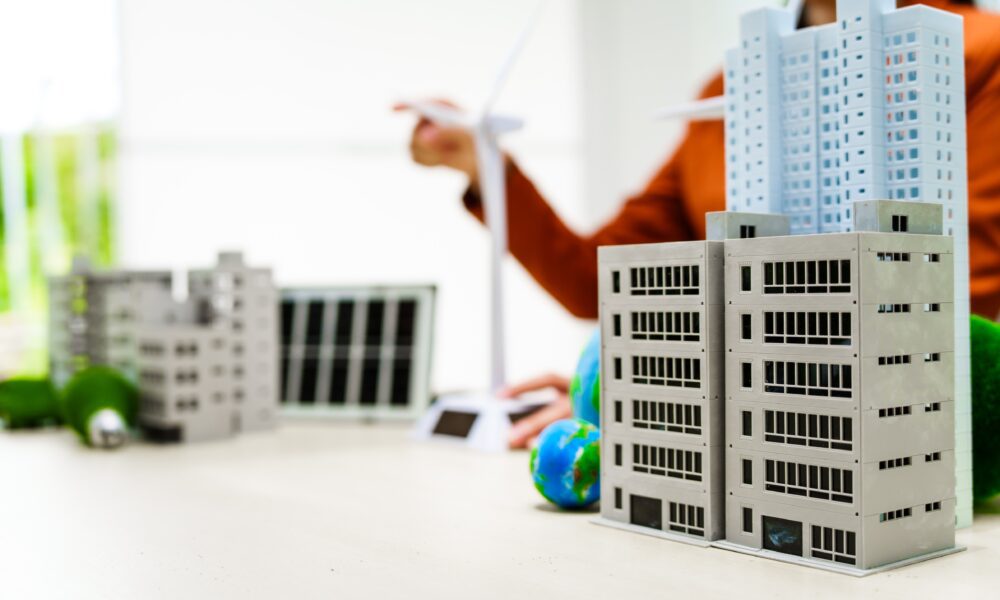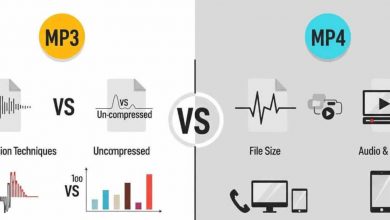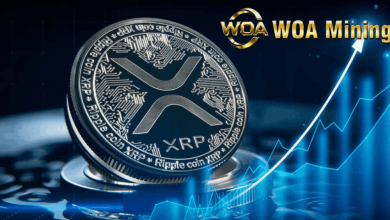The Hidden Costs of Ignoring Energy Efficiency in Commercial Properties

In the highly competitive world of commercial real estate, the primary focus often lands on location, lease agreements, and tenant satisfaction. However, one of the most overlooked aspects that significantly impacts both operational costs and property value is energy efficiency. Essentially, ignoring commercial energy efficiency can result in enormous hidden costs that accumulate over time, eroding profitability and sustainability.
The most immediate and visible costs of poor energy efficiency practices manifest themselves in higher utility bills. Energy waste costs are a significant drain on resources, yet they often go unnoticed because these expenses are embedded in the monthly operational costs. For example, inefficient HVAC systems, incandescent lighting, and poorly insulated buildings consume more electricity, causing a steady increase in monthly utility bills. If left unaddressed, these costs compile, resulting in thousands of dollars wasted annually.
In addition to escalating utility bills, ignoring energy efficiency can lead to substantial maintenance and replacement costs. Outdated and inefficient equipment tends to break down more frequently, requiring costly repairs and replacements. For instance, an old HVAC system not only consumes more energy but also requires more frequent servicing due to wear and tear. Over time, the cumulative costs of these repairs can far outstrip the initial investment required to upgrade to more efficient systems.
Furthermore, poor energy efficiency practices have a ripple effect on the longevity of the building itself. Inadequate insulation, for instance, can lead to moisture problems, which can cause structural damage over time. This not only affects the property’s integrity but also its market value. Prospective buyers and tenants are increasingly aware of the benefits of energy-efficient buildings and are often willing to pay a premium for properties that meet modern energy standards. Conversely, properties with poor energy ratings may struggle to attract tenants or command competitive lease prices, leading to higher vacancy rates and lower rental income.
Additionally, energy waste costs have an environmental impact that indirectly affects a company’s bottom line. Increased energy consumption typically leads to higher greenhouse gas emissions, contributing to climate change and environmental degradation. Many corporations now prioritize sustainability as a key performance indicator. Companies leasing space in inefficient buildings may face reputational risks and find themselves under pressure to meet corporate social responsibility goals. In today’s market, social accountability and environmental stewardship are not just buzzwords but critical factors that influence consumer and investor decisions.
To uncover hidden savings and mitigate energy waste costs, more commercial property owners are turning to energy efficiency consultants. These experts conduct comprehensive audits to identify inefficient systems and practices within a building. They analyze everything from lighting and HVAC systems to building insulation and water usage. By employing advanced tools and methodologies, energy consultants can pinpoint areas that require improvements and recommend cost-effective solutions. This targeted approach ensures that upgrades are both strategic and impactful, maximizing potential savings.
One of the major benefits of hiring an energy consultant is their ability to develop a customized energy management plan tailored to a specific building’s needs. These plans typically include a combination of immediate low-cost upgrades, such as replacing incandescent bulbs with LED lighting, and long-term investments, like installing advanced HVAC systems. Implementing these recommendations can lead to significant reductions in energy consumption and cost savings, enhancing the building’s overall efficiency.
Moreover, energy consultants can assist property owners in navigating various incentives and grants available for energy-efficient upgrades. Governments and utility companies often provide financial incentives to encourage the adoption of energy-efficient technologies. These can include tax credits, rebates, and low-interest loans, all of which can offset the initial investment costs and shorten the payback period for upgrades. An experienced consultant can help identify eligible programs and assist with the application process, ensuring that property owners capitalize on these opportunities.
In conclusion, commercial energy efficiency is not just a matter of operational excellence but a critical factor in financial sustainability and environmental responsibility. Ignoring energy efficiency in commercial properties results in hidden costs that manifest in higher utility bills, increased maintenance expenses, reduced property value, and potential environmental liabilities. By engaging energy efficiency consultants, property owners can uncover significant savings, improve building performance, and enhance market competitiveness. In the long run, investing in energy efficiency leads to a more sustainable and profitable future for commercial properties.

Source: The Hidden Costs of Ignoring Energy Efficiency in Commercial Properties




